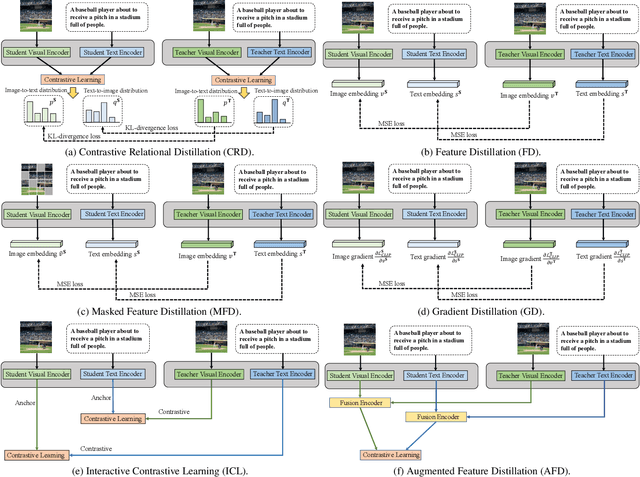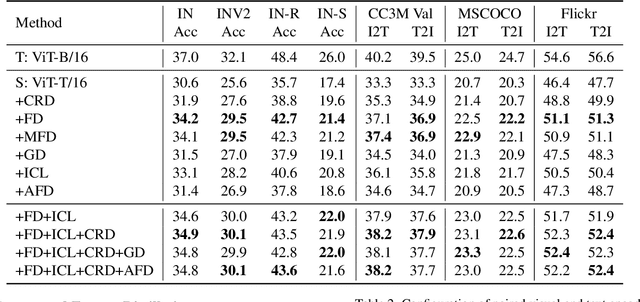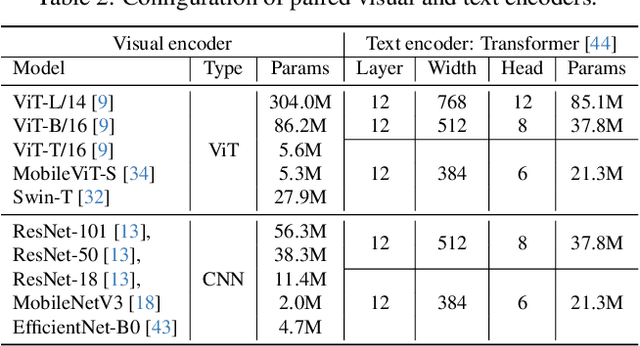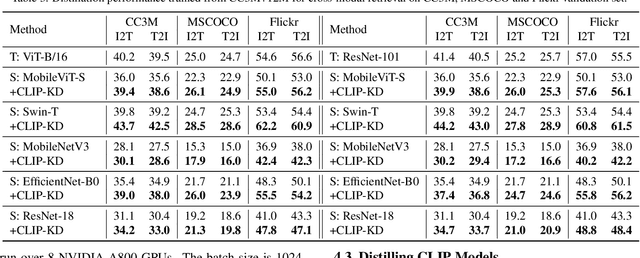Junyu Bi
Instruction Pre-Training: Language Models are Supervised Multitask Learners
Jun 20, 2024Abstract:Unsupervised multitask pre-training has been the critical method behind the recent success of language models (LMs). However, supervised multitask learning still holds significant promise, as scaling it in the post-training stage trends towards better generalization. In this paper, we explore supervised multitask pre-training by proposing Instruction Pre-Training, a framework that scalably augments massive raw corpora with instruction-response pairs to pre-train LMs. The instruction-response pairs are generated by an efficient instruction synthesizer built on open-source models. In our experiments, we synthesize 200M instruction-response pairs covering 40+ task categories to verify the effectiveness of Instruction Pre-Training. In pre-training from scratch, Instruction Pre-Training not only consistently enhances pre-trained base models but also benefits more from further instruction tuning. In continual pre-training, Instruction Pre-Training enables Llama3-8B to be comparable to or even outperform Llama3-70B. Our model, code, and data are available at https://github.com/microsoft/LMOps.
CLIP-KD: An Empirical Study of Distilling CLIP Models
Jul 24, 2023



Abstract:CLIP has become a promising language-supervised visual pre-training framework and achieves excellent performance over a wide range of tasks. This paper aims to distill small CLIP models supervised by a large teacher CLIP model. We propose several distillation strategies, including relation, feature, gradient and contrastive paradigm, to examine the impact on CLIP distillation. We show that the simplest feature mimicry with MSE loss performs best. Moreover, interactive contrastive learning and relation-based distillation are also critical in performance improvement. We apply the unified method to distill several student networks trained on 15 million (image, text) pairs. Distillation improves the student CLIP models consistently over zero-shot ImageNet classification and cross-modal retrieval benchmarks. We hope our empirical study will become an important baseline for future CLIP distillation research. The code is available at \url{https://github.com/winycg/CLIP-KD}.
UPRISE: Universal Prompt Retrieval for Improving Zero-Shot Evaluation
Mar 22, 2023



Abstract:Large Language Models (LLMs) are popular for their impressive abilities, but the need for model-specific fine-tuning or task-specific prompt engineering can hinder their generalization. We propose UPRISE (Universal Prompt Retrieval for Improving zero-Shot Evaluation), which tunes a lightweight and versatile retriever that automatically retrieves prompts for a given zero-shot task input. Specifically, we demonstrate universality in a cross-task and cross-model scenario: the retriever is tuned on a diverse set of tasks, but tested on unseen task types; we use a small frozen LLM, GPT-Neo-2.7B, for tuning the retriever, but test the retriever on different LLMs of much larger scales, such as BLOOM-7.1B, OPT-66B and GPT3-175B. Additionally, we show that UPRISE mitigates the hallucination problem in our experiments with ChatGPT, suggesting its potential to improve even the strongest LLMs. Our model and code are available at https://github.com/microsoft/LMOps.
 Add to Chrome
Add to Chrome Add to Firefox
Add to Firefox Add to Edge
Add to Edge